Newborn Foal Health: Your Step-by-Step Care Guide
The arrival of a new foal is one of the most exciting moments in horse breeding, but it also marks the beginning of a critical period that can shape the future health and development of your young horse. Those first minutes, hours, and days after birth require careful attention, knowledge, and preparation to ensure your foal gets the strongest possible start in life.
For both experienced breeders and first-time foal owners, understanding proper newborn foal care is essential. These early moments are when foals are most vulnerable, and decisions made during this time can have lasting impacts on their health and development. From ensuring proper colostrum intake to monitoring vital signs and supporting the crucial bond between mare and foal, each aspect of newborn care plays a vital role in setting your foal up for success.
In this comprehensive guide, we’ll walk through everything you need to know about caring for your newborn foal, breaking down the critical steps and timelines that every horse owner should understand. Whether you’re preparing for your first foaling or looking to refresh your knowledge, this information will help you provide the best possible care for your new arrival.
📋 Free Download: Complete Newborn Foal Checklist
Get your free 11-page guide with everything you need for safe foaling: complete foaling kit list, hour-by-hour timeline, emergency red flags, and first month care.
Download Your Free Checklist Now →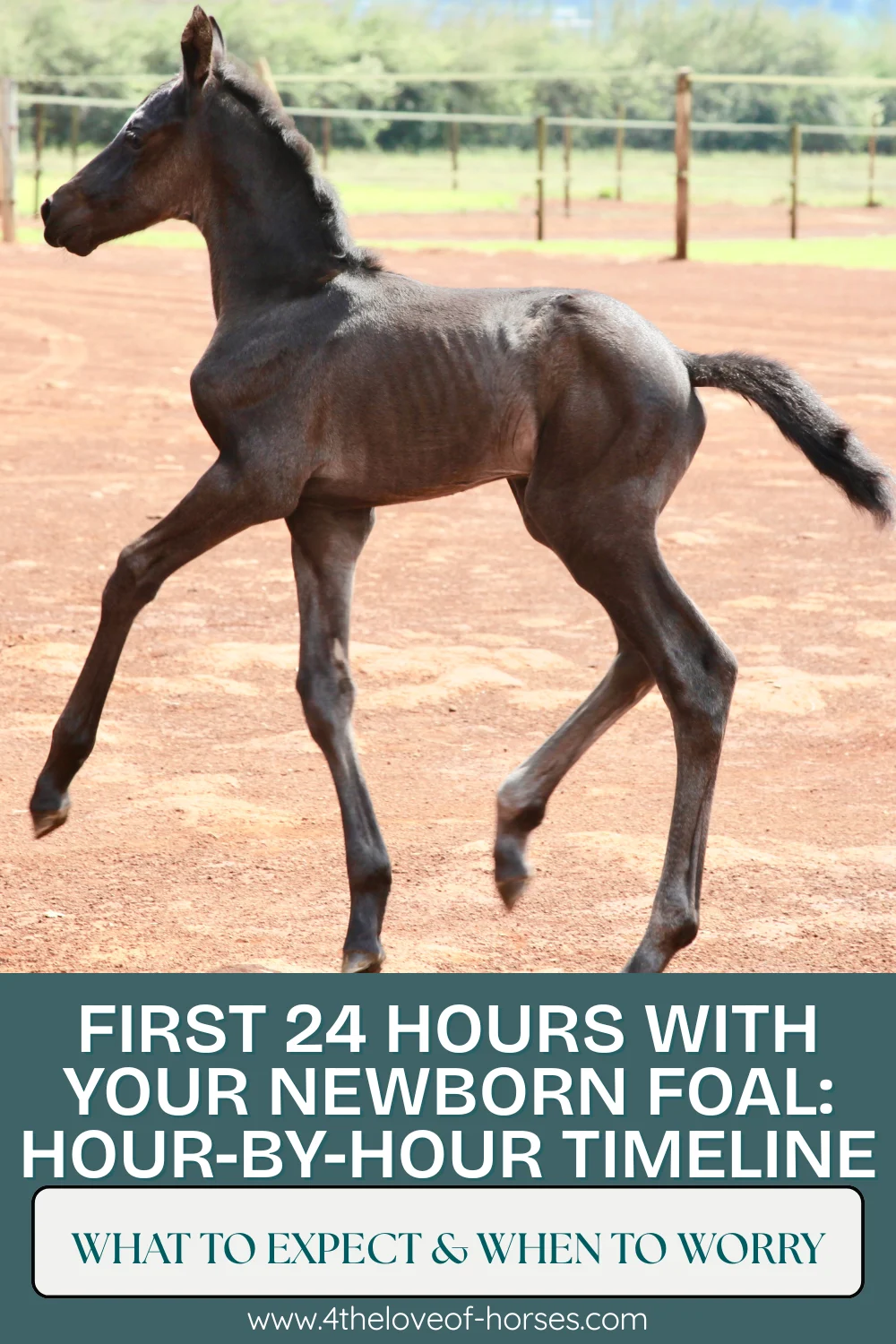

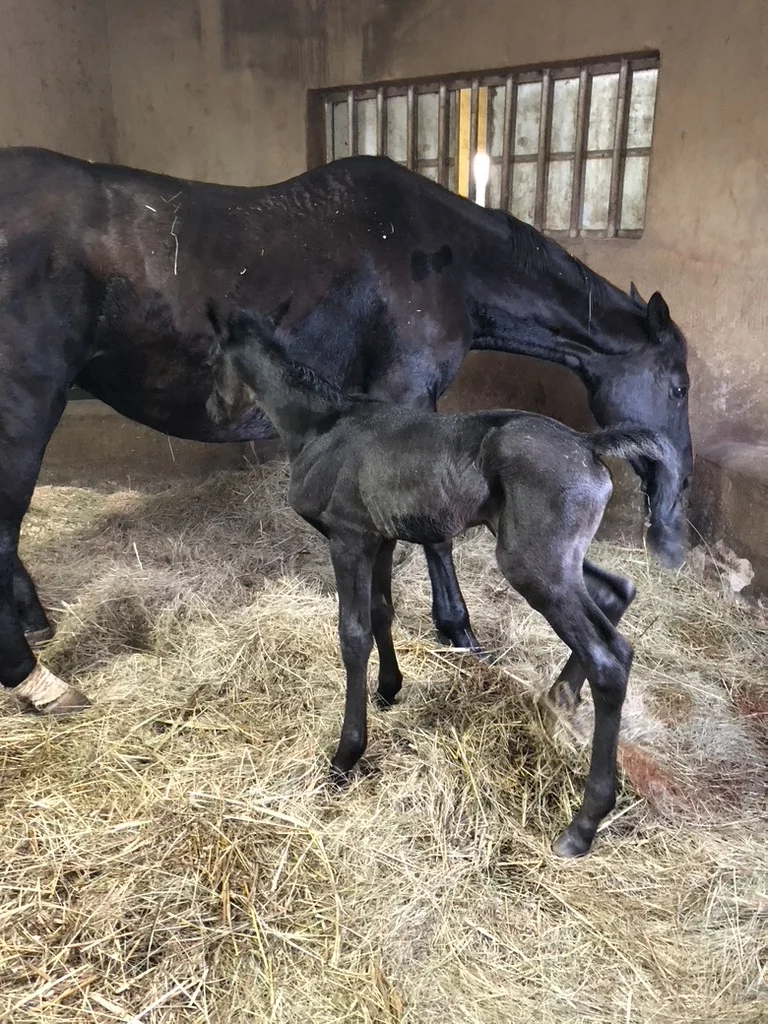
Immediate Post-Birth Care
The moments immediately following birth represent a critical transition as your foal adapts to life outside the womb. During this time, your newborn undergoes dramatic physiological changes, particularly in their respiratory and circulatory systems. Understanding and monitoring these changes while providing appropriate care can make the difference between a healthy start and potential complications.
As soon as your foal is born, your first priority is ensuring they are breathing properly. A healthy foal should establish regular breathing within the first 30 seconds after birth. The breathing pattern might initially seem irregular, but it should quickly settle into a steady rhythm of 30-40 breaths per minute. If you notice any discharge from the nostrils or hear rattling sounds, these could indicate fluid in the airways and require immediate attention.
The umbilical cord presents another crucial area for immediate care. While many advocate allowing the cord to break naturally as the mare or foal moves, you’ll need to be ready to intervene if it doesn’t separate on its own. Once separated, proper umbilical care becomes essential for preventing infection. The standard protocol involves dipping the umbilical stump in a veterinarian-recommended antiseptic solution, typically either chlorhexidine or diluted iodine solution. This treatment should be repeated at least twice daily for the first few days to ensure proper healing and prevent bacterial invasion.
Perhaps one of the most remarkable aspects of immediate post-birth care is monitoring your foal’s attempts to stand and nurse. A healthy foal typically shows signs of attempting to rise within 30 minutes of birth, though some may take up to an hour. This process follows a predictable sequence: first lifting their head, then gaining control of their limbs, and finally making coordinated attempts to stand. While it might be tempting to assist, allowing the foal to navigate this process independently helps develop crucial muscle strength and coordination.
During these first moments, it’s also vital to observe the interaction between mare and foal. A good mare will typically show strong maternal instincts, turning to nuzzle and lick her foal, which not only helps dry the foal but also strengthens their bond. This natural behavior also stimulates the foal’s circulation and encourages them to become active. However, some mares, particularly first-time mothers, might need extra time or guidance to develop these behaviors.
Throughout this immediate post-birth period, your role is primarily one of vigilant observer and prepared caregiver. Having essential supplies ready – including clean towels, umbilical dipping solution, and a watch for timing vital signs – allows you to intervene quickly if needed while otherwise allowing the natural bonding and adaptation process to unfold.

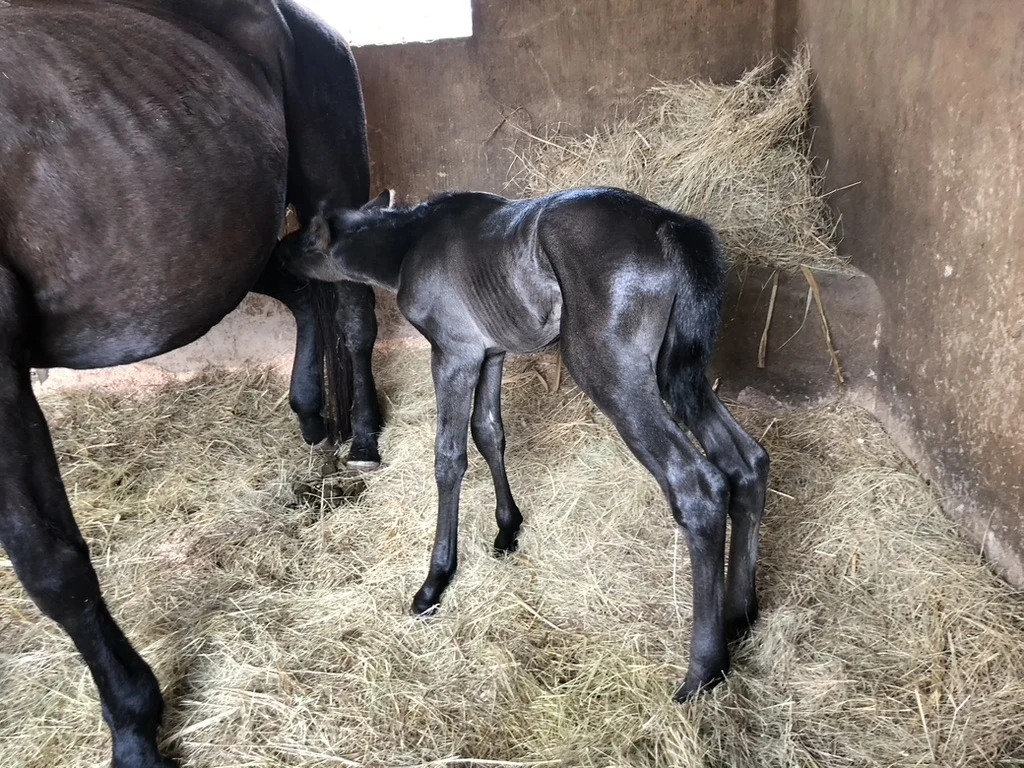
The First 24 Hours
The first day of a foal’s life represents a period of rapid adaptation and crucial developmental milestones. Understanding the normal progression of events during these initial 24 hours enables you to quickly identify potential issues and ensure your foal is developing appropriately.
A healthy foal’s behavior follows a relatively predictable timeline, beginning with those first attempts to stand. Most foals will successfully rise within two hours of birth, though many accomplish this feat much sooner. Once standing, their next crucial task is locating and successfully nursing from their dam. This process typically takes between two and four hours from birth, and it’s essential to monitor these early nursing attempts carefully. The foal’s instinct to seek the udder, combined with the mare’s guidance, usually results in successful nursing, but occasionally, gentle assistance might be needed to help position the foal correctly.
Colostrum intake during these first hours is critical for your foal’s survival. This first milk, rich in antibodies, provides passive immunity that will protect your foal from infections during their early weeks of life. The foal’s ability to absorb these antibodies decreases significantly after 12 hours and is essentially gone by 24 hours after birth, making timely colostrum consumption vital. A healthy foal should nurse approximately every 30 minutes to an hour during their first day, with each session lasting several minutes.
Monitoring vital signs throughout this period provides crucial information about your foal’s health status. Normal parameters for a newborn foal include:
- Temperature: 99.5-102.1°F (37.5-39°C)
- Heart rate: 80-120 beats per minute
- Respiratory rate: 30-40 breaths per minute
These values should be checked several times during the first 24 hours, establishing a baseline and helping identify any concerning trends early.
Another critical milestone during this period is the passage of meconium, the dark, sticky first manure that has accumulated during gestation. This usually occurs within the first 12 hours after birth. The complete passage of meconium is essential for proper digestive function, and any signs of straining or discomfort during this process warrant close attention. After the meconium passes, you should begin to see lighter-colored, milk-based manure, indicating that your foal is successfully nursing and digesting colostrum and milk.
Sleep patterns during this first day might seem concerning to new foal owners, as healthy foals spend a significant portion of their time sleeping, often up to 50% of the day. These sleep sessions are typically short, lasting 15-20 minutes, and are interspersed with periods of nursing and exploration. When awake, the foal should be alert and responsive, showing interest in their surroundings and a strong desire to stay close to their dam.
Throughout this period, the mare and foal will continue strengthening their bond. The mare should remain attentive to her foal, responding to its movements and vocalizations. This relationship is crucial for the foal’s emotional development and learning of normal equine behavior. Any signs of rejection or aggression from the mare need immediate attention and possibly veterinary intervention.
Pay particular attention to the foal’s limbs and movement during this time. While some awkwardness is normal, you should notice progressive improvement in coordination and strength. The foal should be able to rise independently, move around their enclosure, and nurse without assistance. Any persistent weakness, inability to rise, or abnormal limb positions should be evaluated by a veterinarian.
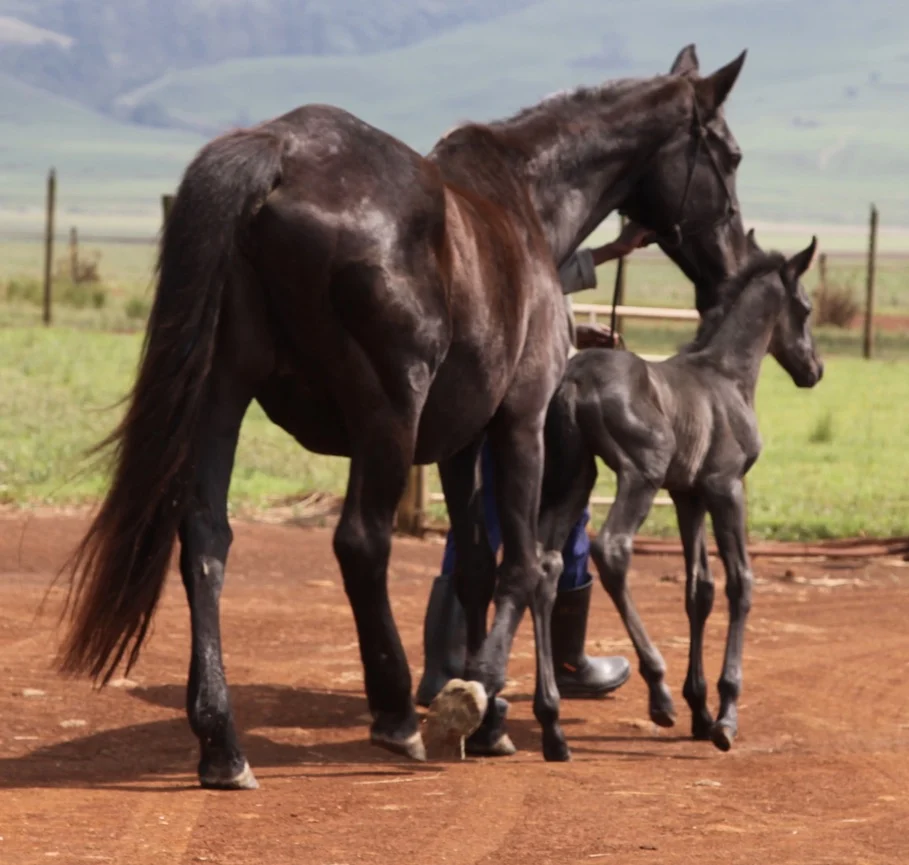
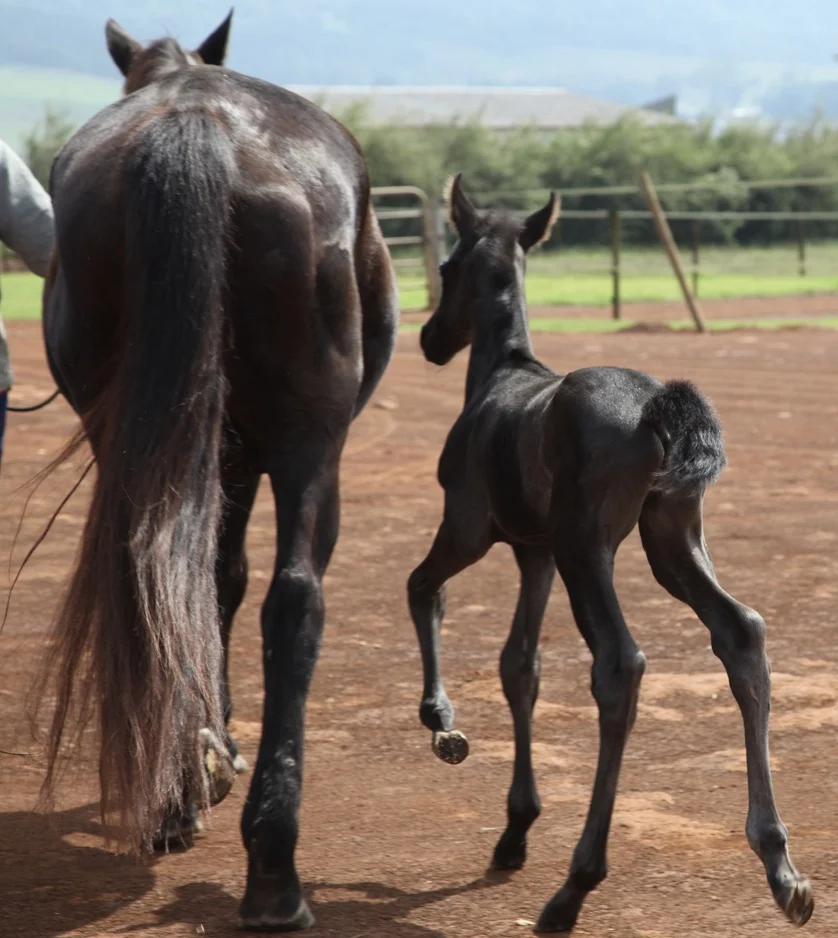
Common Health Concerns
Understanding potential health issues that can affect newborn foals enables quick recognition and response, often making the difference between a minor setback and a serious medical emergency. While most foals develop normally with proper care, being aware of warning signs helps ensure prompt veterinary intervention when needed.
One of the most critical concerns in newborn foals is Failure of Passive Transfer (FPT), which occurs when a foal doesn’t receive adequate antibodies from colostrum. This condition leaves the foal vulnerable to infections and requires immediate veterinary attention. Signs might not be immediately apparent, which is why many breeders opt for IgG testing around 12-24 hours after birth to confirm adequate antibody transfer. A blood test can determine if supplemental antibodies are needed through plasma transfusion.
Neonatal maladjustment syndrome, sometimes called “dummy foal” syndrome, represents another serious condition requiring immediate medical intervention. Affected foals may appear normal at birth but then show signs of neurological dysfunction, including wandering, inability to nurse, loss of interest in the mare, or unusual behavior patterns. This condition often results from oxygen deprivation during birth and requires intensive veterinary care for the best outcome.
Septicemia poses a significant risk to newborn foals, particularly those with compromised immunity or umbilical infections. Early signs can be subtle and may include lethargy, reduced nursing, weakness, or slightly elevated temperature. As the condition progresses, more severe symptoms develop, such as swollen joints, diarrhea, or complete disinterest in nursing. Any suggestion of septicemia warrants immediate veterinary attention, as early intervention dramatically improves survival rates.
Joint ill, or septic arthritis, often develops as a consequence of bacteria entering through the umbilicus or bloodstream. Early signs include heat and swelling around joints, reluctance to move, and lameness. This condition requires aggressive antibiotic therapy and sometimes surgical intervention, highlighting the importance of proper umbilical care and early recognition of symptoms.
Meconium impaction occurs when a foal struggles to pass their first manure. Signs include straining, tail raising without producing manure, and showing signs of abdominal discomfort. While mild cases might resolve with careful monitoring and gentle enemas prescribed by your veterinarian, severe cases can lead to colic symptoms and require more intensive medical intervention.
Limb deformities, while not always immediately threatening, need careful evaluation to determine the best course of treatment. These can range from minor conformational issues that may resolve with time and controlled exercise to more severe conditions requiring surgical intervention or specialized bandaging techniques. Your veterinarian can help develop an appropriate treatment plan based on the specific condition and its severity.
When monitoring your foal, certain behaviors and symptoms should prompt immediate veterinary attention:
- Failure to stand within 2-3 hours of birth
- Not nursing successfully within 4 hours
- Lethargy or depression
- Persistent recumbency
- Fever (temperature above 102.1°F/39°C)
- Rapid or labored breathing
- Diarrhea
- Swollen joints
- Seizures or unusual neurological symptoms
Remember that young foals can deteriorate rapidly when ill, and what might seem like a minor issue can quickly become life-threatening. It’s always better to err on the side of caution and consult your veterinarian if you have concerns about your foal’s health or development.
Get Your Foaling Checklist
Complete foaling kit list, critical timeline, and emergency guide in one printable PDF
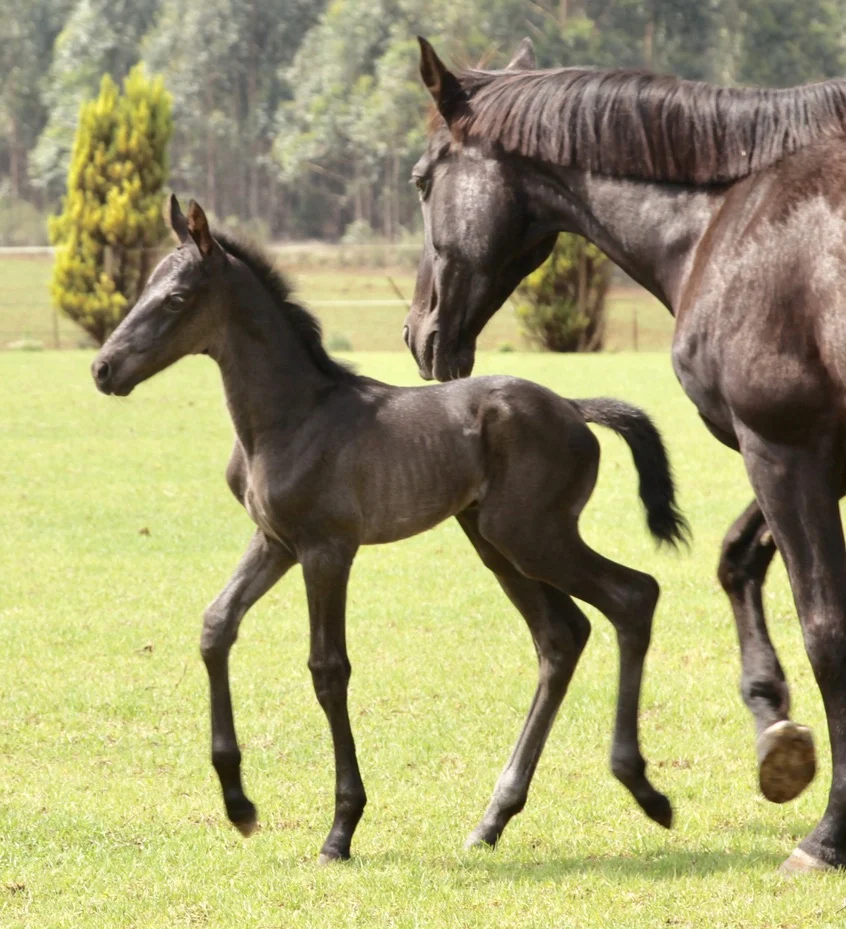
Mare and Foal Bonding
The relationship between a mare and her newborn foal forms the foundation for the foal’s physical and emotional development. This crucial bonding period establishes patterns of behavior, trust, and social learning that will influence the foal throughout its life. Creating an environment that supports this natural process while recognizing and addressing potential complications helps ensure successful bonding.
During the immediate post-birth period, the mare and foal engage in a complex series of behaviors that strengthen their connection. The mare’s instinctive licking and nuzzling of her foal serves multiple purposes beyond merely drying the newborn. This physical contact stimulates the foal’s circulation, encourages movement, and helps both animals learn each other’s unique scents. The mare’s vocalizations, typically soft nickering sounds, help the foal recognize her voice and respond appropriately to her calls.
Creating the optimal environment for bonding requires careful consideration of both physical and social factors. The foaling stall should provide adequate space for both animals to move comfortably while maintaining close contact. A quiet, calm atmosphere with minimal disturbances allows the mare to focus on her foal without unnecessary stress or distractions. The bedding should be clean and deep enough to provide comfort and security, but not so deep that it impedes the foal’s early attempts at standing and moving.
Most mares display strong maternal instincts naturally, but occasional complications can arise, particularly with maiden mares experiencing their first foal. Signs of bonding difficulties might include aggressive behavior toward the foal, preventing nursing attempts, or showing complete disinterest. These situations require careful management and sometimes veterinary intervention. In severe cases, hormone therapy might be recommended to help establish maternal behavior.
Observation plays a vital role in supporting the bonding process. The mare should consistently position herself to maintain visual contact with her foal, respond to its movements and vocalizations, and show protective behavior when perceived threats approach. The foal, in turn, should demonstrate a strong desire to stay near its dam, respond to her calls, and seek her out for comfort and nursing. This mutual awareness and response pattern indicates healthy attachment developing between mare and foal.
Supporting this natural process often means finding the right balance between necessary human intervention and allowing the pair sufficient space and time to develop their relationship. While regular health checks and care procedures remain essential, timing these interactions thoughtfully helps minimize disruption to the bonding process. When handling becomes necessary, calm and gentle movements help maintain a positive environment and prevent unnecessary stress for either animal.
The early days of this relationship also establish important learning opportunities for the foal. Through observation and interaction with its dam, the foal begins to develop crucial social skills and learn appropriate equine behavior. The mare’s responses to various situations teach the foal about boundaries, proper social interaction, and basic survival skills. This natural education forms the groundwork for future training and handling.
In cases where bonding difficulties persist, developing a management plan that ensures the foal’s nutritional and emotional needs are met becomes crucial. This might involve careful hand-feeding schedules, providing supplemental care, or in extreme cases, finding a nurse mare. Whatever interventions become necessary, maintaining consistency and patience while working with both mare and foal offers the best chance for developing a healthy relationship.
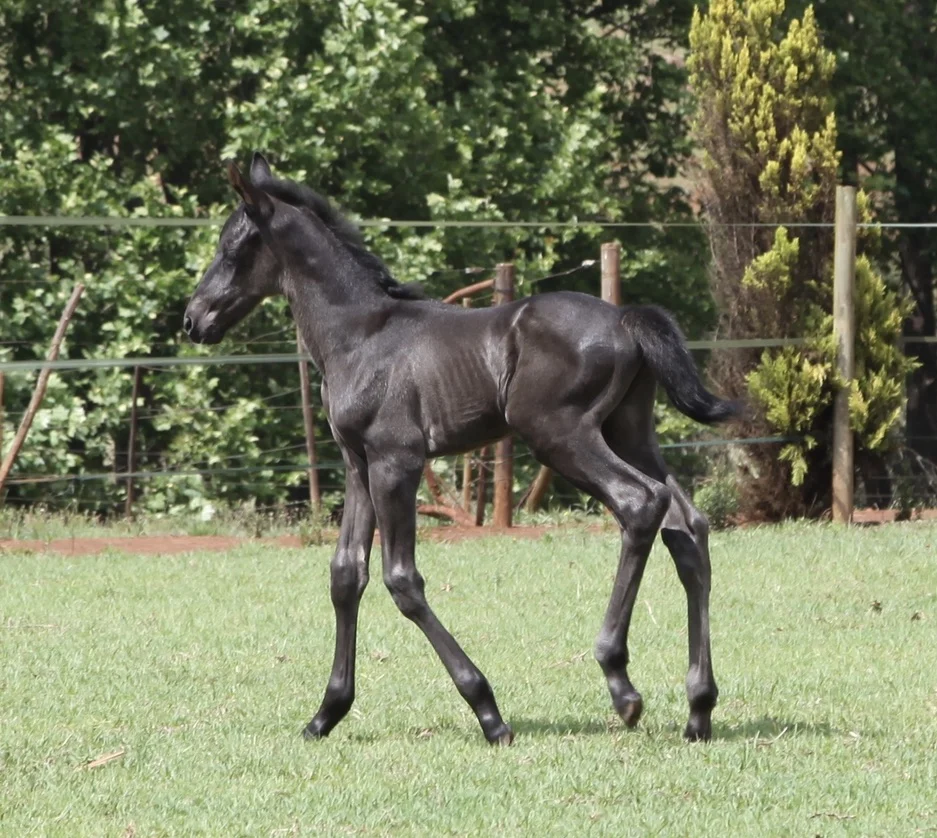
💡 Helpful Resource: Download your newborn foal health checklist for a complete guide to the first 24 hours and beyond.
Daily Care Routine
Establishing a consistent daily care routine for your newborn foal creates a foundation for optimal health and development while making it easier to spot potential concerns early. This routine encompasses everything from basic hygiene to creating opportunities for appropriate exercise and socialization.
Environment maintenance stands as a cornerstone of daily foal care. The foaling stall requires thorough cleaning at least twice daily, with wet or soiled bedding removed promptly to maintain a hygienic space. Fresh, clean bedding should be added as needed, ensuring adequate depth for comfort while avoiding excessive amounts that might hinder the foal’s movement. The stall walls and any accessible surfaces should be regularly sanitized to minimize bacterial growth, particularly important during these early weeks when the foal’s immune system is still developing.
Temperature regulation plays a crucial role in the daily environment. Newborn foals can struggle to maintain their body temperature, especially during their first week of life. The stall should remain draft-free while still allowing proper ventilation. Monitoring the ambient temperature helps determine if additional warmth might be needed during colder periods, though avoid overcompensating with heavy blankets unless specifically recommended by your veterinarian.
Daily health checks form an essential part of the routine, ideally conducted at consistent times each day. These examinations should include monitoring the foal’s temperature, checking the umbilical stump for signs of infection, observing respiratory rates during rest, and assessing overall vitality and nursing behavior. Documentation of these observations proves invaluable for tracking development and identifying subtle changes that might indicate emerging health issues.
Exercise and turnout considerations evolve as your foal grows stronger. During the first few days, the mare and foal pair typically remain in the foaling stall, allowing close monitoring and supporting the bonding process. As the foal gains strength and coordination, usually around 3-7 days of age, short periods of turnout in a small, secure paddock can begin. These turnout sessions should initially last just 15-30 minutes, gradually increasing as the foal demonstrates improved stamina and coordination.
Proper nutrition monitoring extends beyond simply ensuring regular nursing. Observing the frequency and duration of nursing sessions helps confirm adequate milk intake. A healthy foal typically nurses every 1-2 hours during their first week, with sessions becoming slightly less frequent as they grow. The mare’s udder should be checked daily for heat, swelling, or hardness that might indicate developing mastitis, which could impact milk production and foal nutrition.
Handling and socialization should be incorporated into daily routines from the beginning. Brief, gentle handling sessions help the foal become comfortable with human contact while teaching basic behaviors like yielding to pressure and accepting touch around the head, legs, and body. These sessions should remain short and positive, always respecting the foal’s tolerance level and the mare’s protective instincts.
Grooming provides another opportunity for both hygiene maintenance and positive interaction. Using soft brushes suitable for sensitive foal skin, gentle grooming helps remove dirt and debris while allowing close inspection of the coat and skin for any abnormalities. This practice also aids in monitoring the development of the foal’s coat and checking for external parasites or skin conditions that might require attention.
Manure and urination patterns require daily monitoring as they provide valuable indicators of health status. Normal foal manure should be soft but formed, appearing yellowish-brown after the initial meconium passage. Changes in consistency, color, or frequency can signal digestive issues requiring veterinary attention. Similarly, monitoring urination patterns helps ensure proper hydration and kidney function.
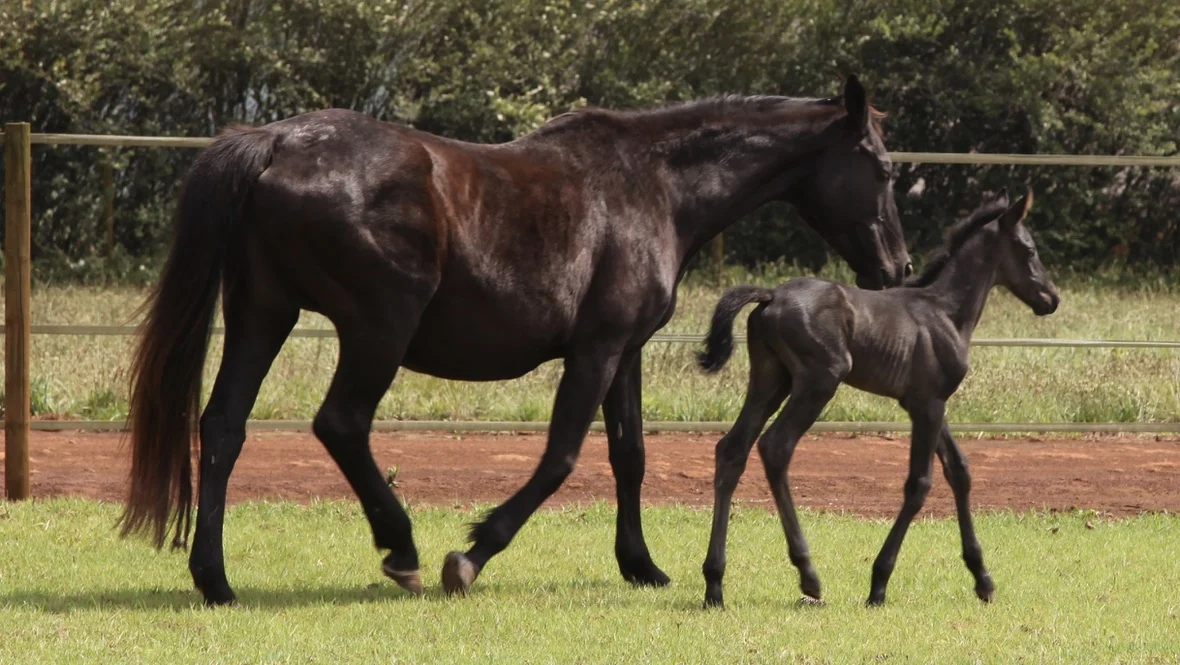
Preventive Care
Implementing a comprehensive preventive care program for your foal establishes the groundwork for lifelong health and wellness. This proactive approach combines regular veterinary care, strategic vaccination timing, parasite management, and thorough documentation to protect your foal during these vulnerable early months.
A well-planned vaccination schedule represents one of the most crucial aspects of preventive care. Your veterinarian will typically begin the foal’s vaccination series between 3-4 months of age, though this timing may vary based on regional disease risks and the mare’s vaccination status. The initial series usually includes protection against core diseases such as tetanus, Eastern and Western encephalomyelitis, West Nile virus, and rabies. These vaccines are administered in a carefully timed sequence to ensure optimal immune response while accounting for the gradual decline of maternal antibodies received through colostrum.
Deworming protocols have evolved significantly in recent years, moving away from rigid rotational schedules toward more targeted approaches. Your veterinarian will likely recommend the first deworming treatment between 2-3 months of age, with subsequent treatments based on fecal egg count monitoring and local parasite patterns. This scientific approach helps prevent both parasite resistance and unnecessary treatment while ensuring effective protection during the foal’s vulnerable early development stages.
Regular health checks performed by your veterinarian form another cornerstone of preventive care. These examinations typically occur at strategic intervals, often coinciding with vaccination visits, and include comprehensive physical assessments. Your veterinarian will evaluate growth patterns, check for proper limb development, assess heart and lung function, and examine overall physical condition. These visits provide valuable opportunities to discuss any concerns and adjust care protocols based on your foal’s individual needs.
Documentation and record-keeping might seem mundane, but they serve as invaluable tools in preventive health care. Maintaining detailed records of vaccinations, deworming treatments, growth measurements, and health observations creates a comprehensive health history that proves useful throughout your horse’s life. Consider keeping a daily log during the first month, recording vital signs, nursing patterns, and developmental milestones. This information helps establish normal patterns for your foal and makes it easier to identify concerning changes quickly.
Nutritional management becomes increasingly important as your foal grows. While milk provides complete nutrition initially, foals begin showing interest in solid feed around 2-3 weeks of age. Providing access to high-quality forage and specifically formulated foal feed helps support proper growth and development. Your veterinarian can help establish appropriate feeding protocols based on your foal’s growth rate and development goals.
Regular hoof care should begin early in your foal’s life, though actual trimming might not be needed immediately. Having your farrier examine the foal’s feet around 2-3 weeks of age allows for early detection and correction of any conformational issues. These early evaluations help establish proper hoof care patterns and can prevent the development of long-term problems through timely intervention.
Prevention extends beyond medical care to include environmental safety measures. Regular inspection and maintenance of fencing, removal of hazardous objects from turnout areas, and ensuring proper footing in all weather conditions help prevent injuries. Additionally, maintaining consistent schedules for feeding and turnout helps reduce stress and supports healthy development.
A successful preventive care program requires close collaboration with your veterinary team. Regular communication about your foal’s development, any concerns, and upcoming care needs helps ensure that preventive measures remain appropriate and effective. This partnership approach, combined with careful observation and documentation, provides the best foundation for your foal’s future health and performance potential.
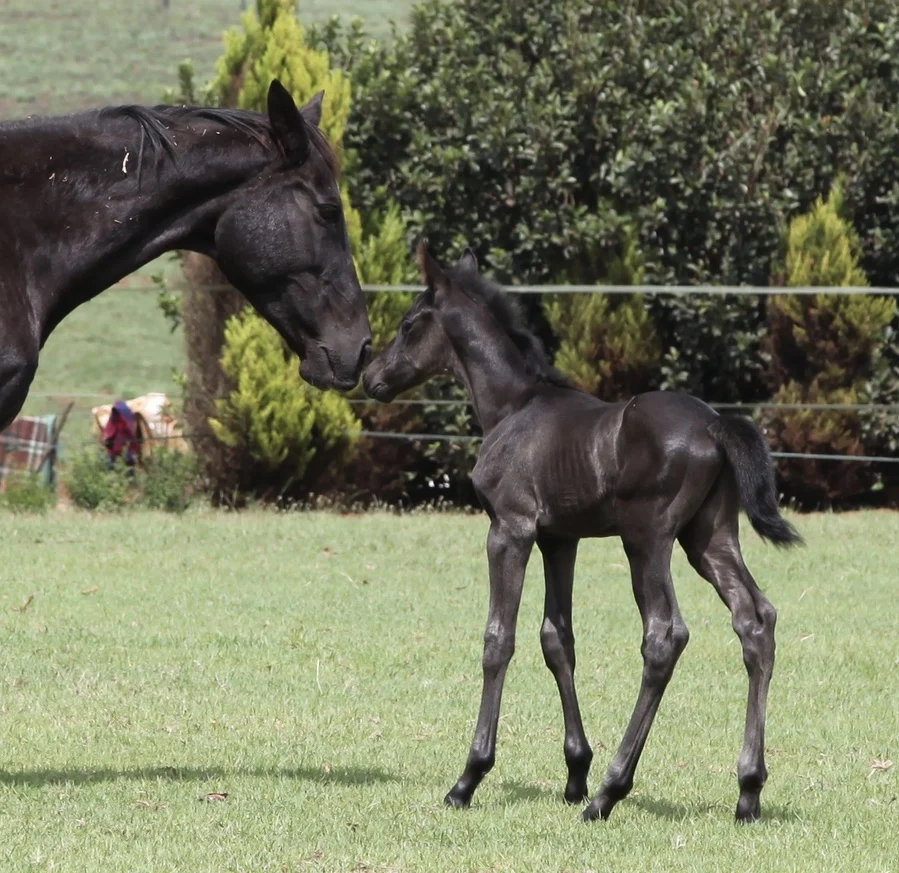
Ready for Your Foal’s Arrival?
Get the complete Newborn Foal Checklist & Foaling Kit Guide FREE!
✓ Pre-foaling preparation | ✓ Complete foaling kit | ✓ Hour-by-hour timeline
✓ Emergency red flags | ✓ First month care
conclusion
The journey through your foal’s first days and weeks represents one of the most critical periods in their life, setting the foundation for their future health, development, and well-being. Success during this time requires careful attention to detail, consistent monitoring, and a thoughtful balance between allowing natural processes to unfold while being prepared to intervene when necessary.
Understanding the intricate dance between mare and foal care helps us provide the best possible start for these new lives. From those first crucial moments after birth through establishing daily care routines, each step builds upon the last to create a comprehensive framework of support for your growing foal. The attention we pay to immediate post-birth care, careful monitoring during those first 24 hours, and our vigilance in watching for potential health concerns all work together to protect these vulnerable newborns during their transition to life outside the womb.
Remember that while this guide provides a strong foundation for newborn foal care, each foal is unique and may present individual challenges or requirements. Maintaining open communication with your veterinary team, staying alert to changes in your foal’s behavior or health status, and trusting your instincts as a caregiver all play vital roles in successful foal raising. The time and effort invested in these early days yield tremendous returns in the form of a healthy, well-adjusted young horse.
As you embark on or continue your journey in foal care, remember that the key to success lies not just in knowing what to do, but in understanding why we do it. This deeper understanding enables you to make better decisions for your foal’s care and helps you recognize when to seek additional support or intervention. The reward for this careful attention comes in watching your foal grow into a strong, healthy horse, knowing you’ve provided the best possible start to their life.
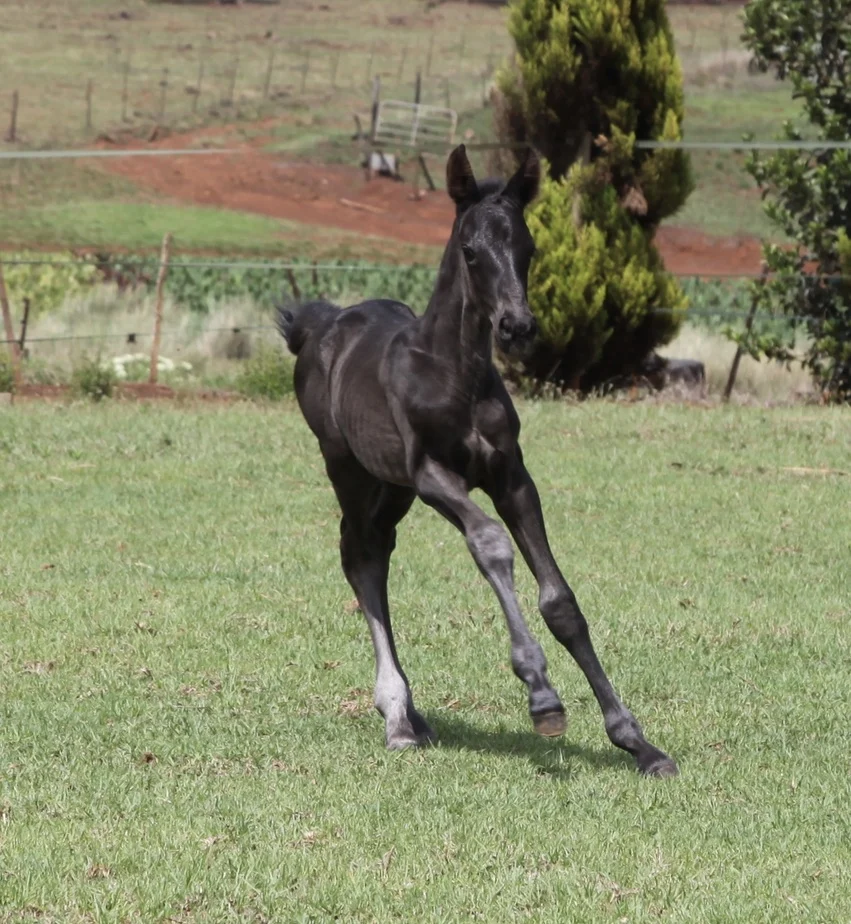
Additional Resources
To further assist you in caring for your newborn foal, here are some valuable resources and guides that can provide additional information and support:
Articles and Guides
- Foaling Supplies Checklist: Ensure you have all the necessary supplies ready before your mare gives birth. Download the checklist here.
- Mare Care Before and After Foaling: Learn how to care for your mare during her pregnancy and postpartum period.
- Nutrition for Pregnant and Nursing Mares: Understand the dietary needs of your mare during and after pregnancy. Explore the guide here.
- Common Health Issues in Foals: An overview of common health problems and how to address them. Learn more here.
- Newborn foal information – milestones your foal should meet after birth
Videos
- Foal Birth and Immediate Care: Watch a step-by-step video on foaling and immediate post-birth care. Watch now on YouTube.
- Halter Training for Foals: A beginner’s guide to introducing your foal to halter training. Watch the video here.
- Recognizing Signs of Foal Illness: Learn how to spot early signs of illness in foals and when to call the vet. Watch now.
Books and Publications
- “The Complete Book of Foaling” by Karen E. N. Hayes: A comprehensive guide to foaling, covering everything from preparation to care.
- “Blessed Are the Broodmares” by M. Phyllis Lose: This book provides in-depth information on mare care during pregnancy and foaling.
- “Horse Owner’s Veterinary Handbook” by James M. Giffin and Tom Gore: A valuable resource for understanding and managing your horse’s health.
Online Forums and Communities
- Horse Breeders Forum: Join a community of experienced breeders to share tips, ask questions, and connect with others. Join the forum here.
- Equine Health and Care Group on Facebook: Connect with other horse owners and breeders for advice and support. Join the group here.
Veterinary Contacts
- Local Equine Veterinarian Directory: Find a trusted equine vet in your area for regular check-ups and emergency care. Find a vet here.
Tools and Apps
- Foal Care Tracker App: An app to help you track your foal’s health, feeding schedule, and development milestones. Download the app here.
- Equine Nutrition Calculator: Use this tool to ensure your mare and foal are getting the right nutrients. Access the calculator here.
These resources will provide you with additional support and information to help you care for your newborn foal effectively. Always seek advice from professionals and experienced breeders when needed to ensure the best care for your foal.
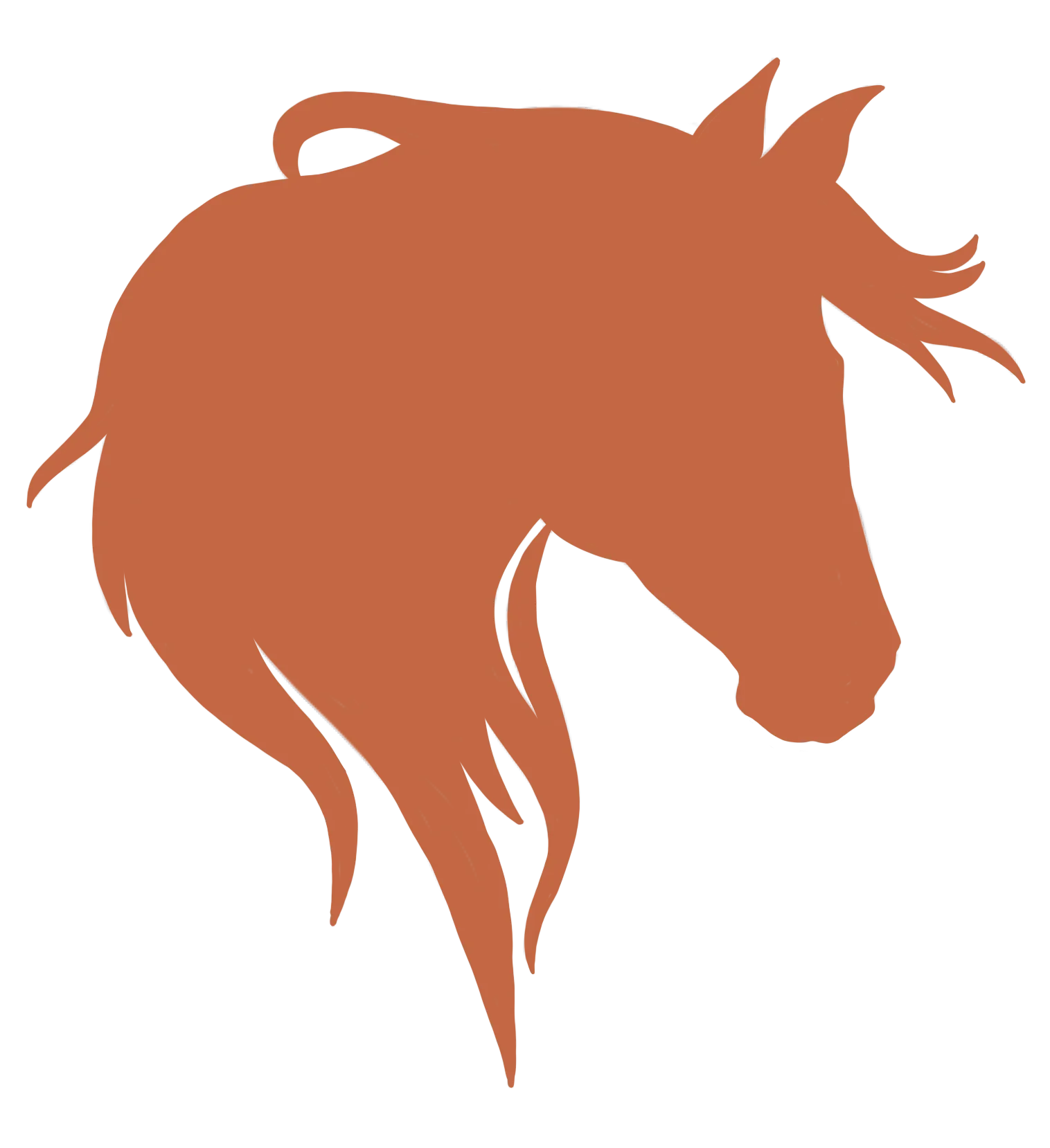
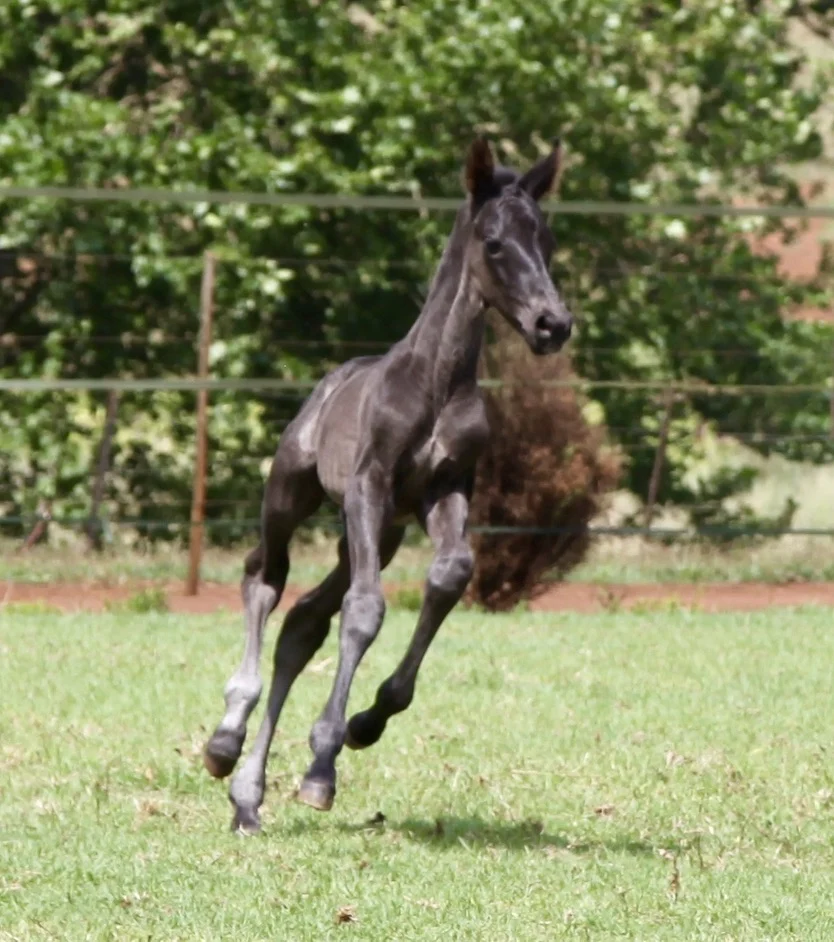
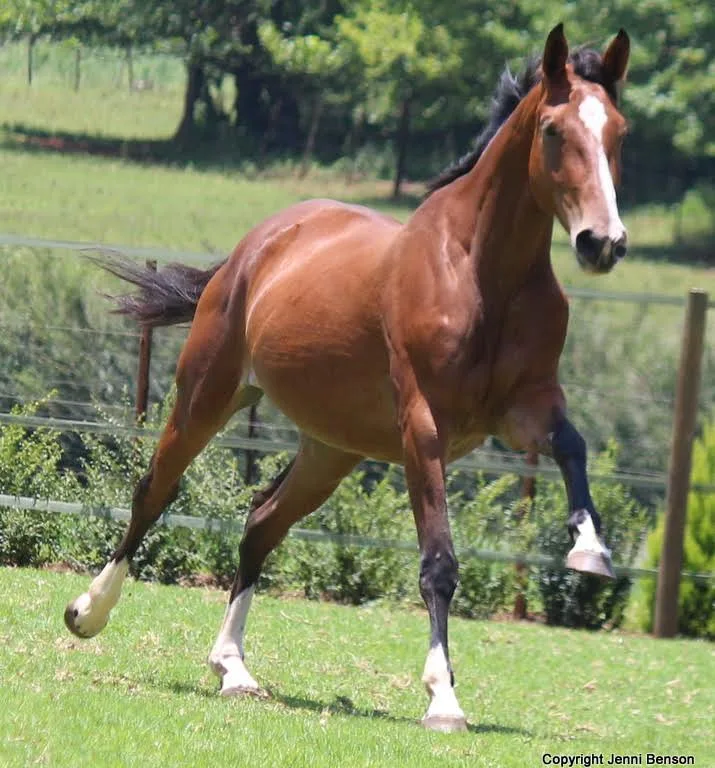
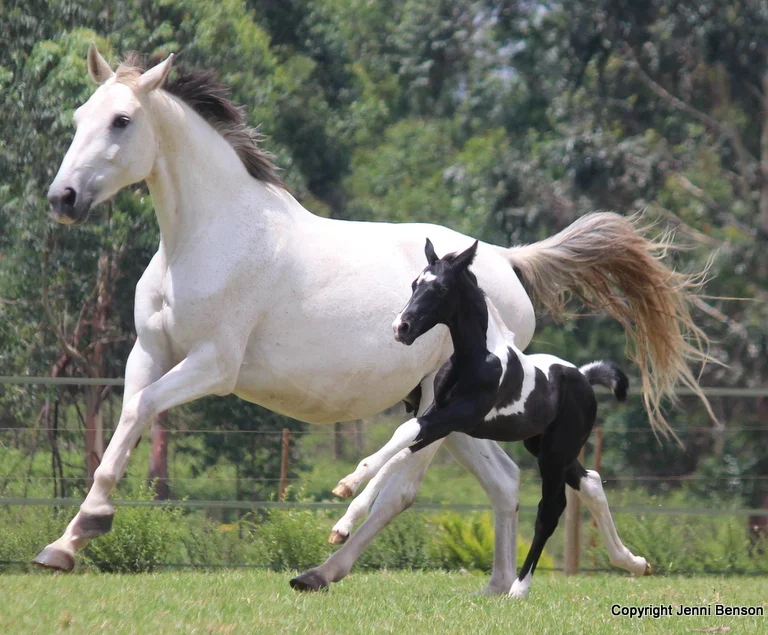
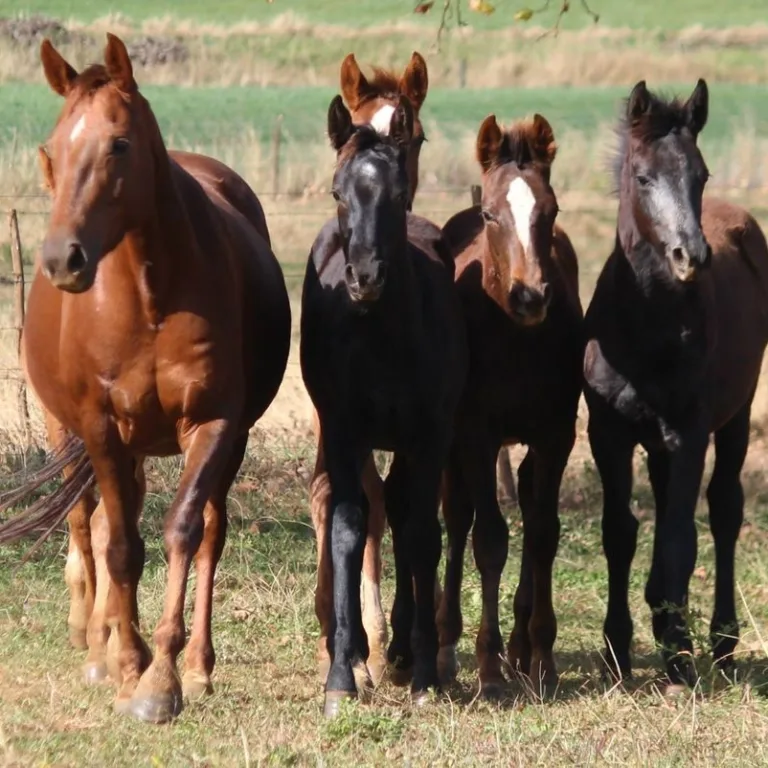
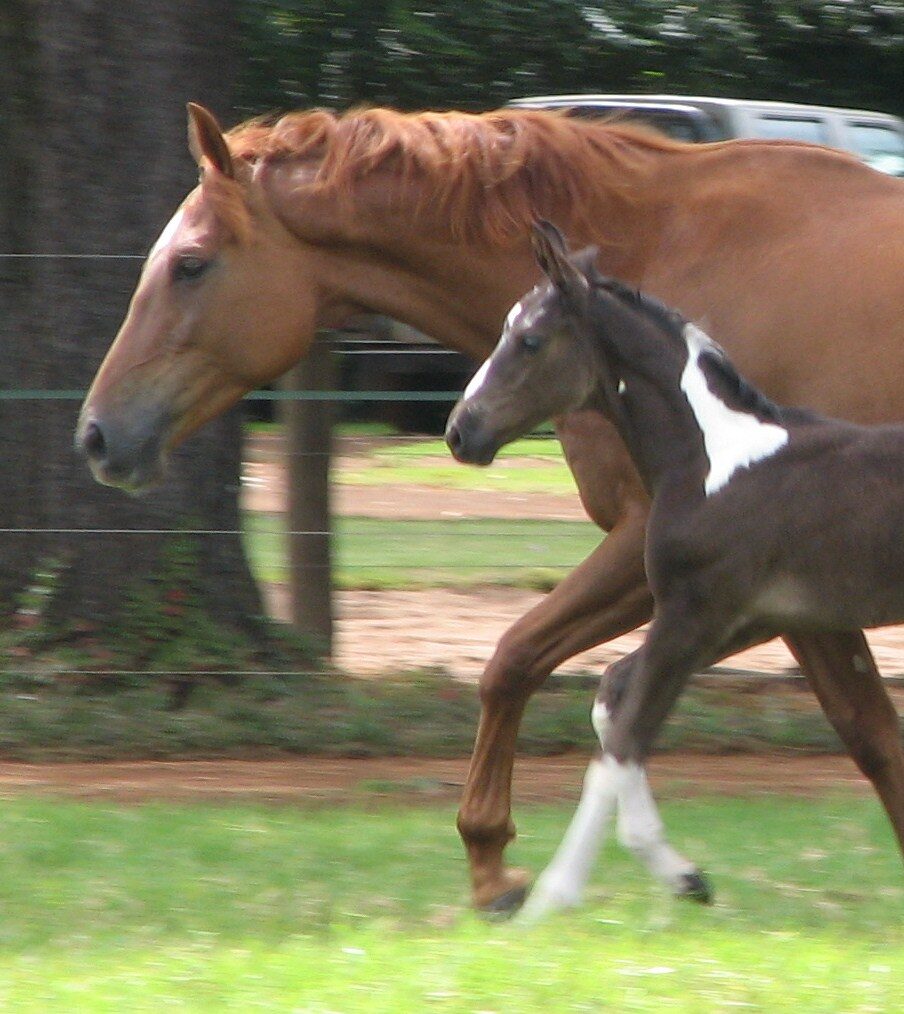
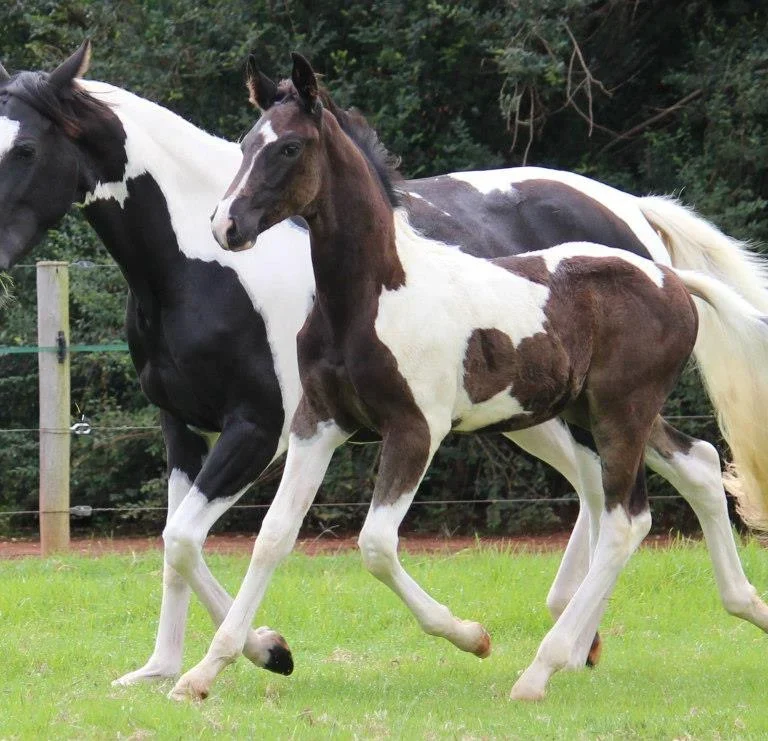

One Comment